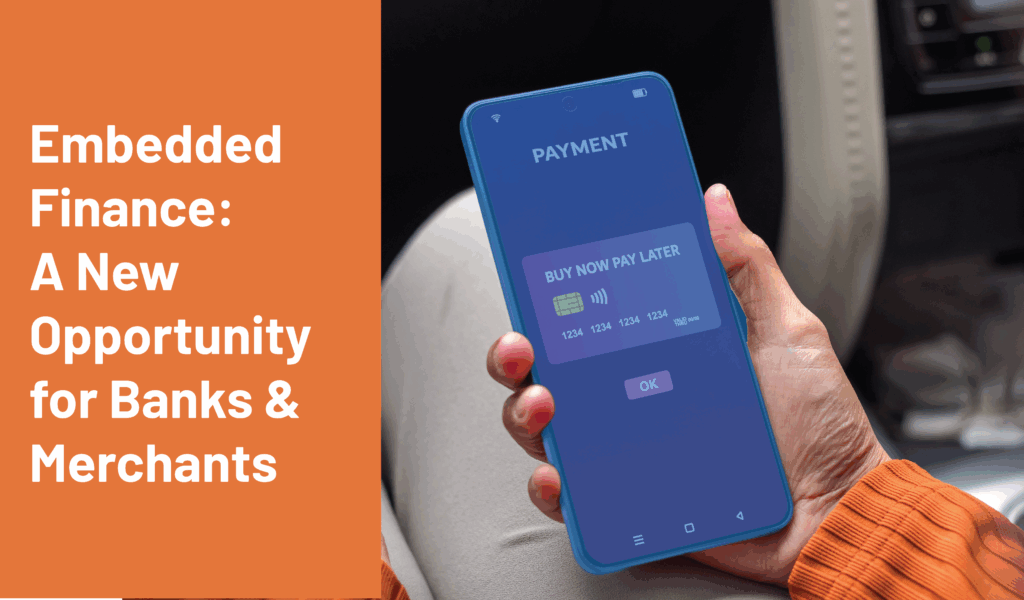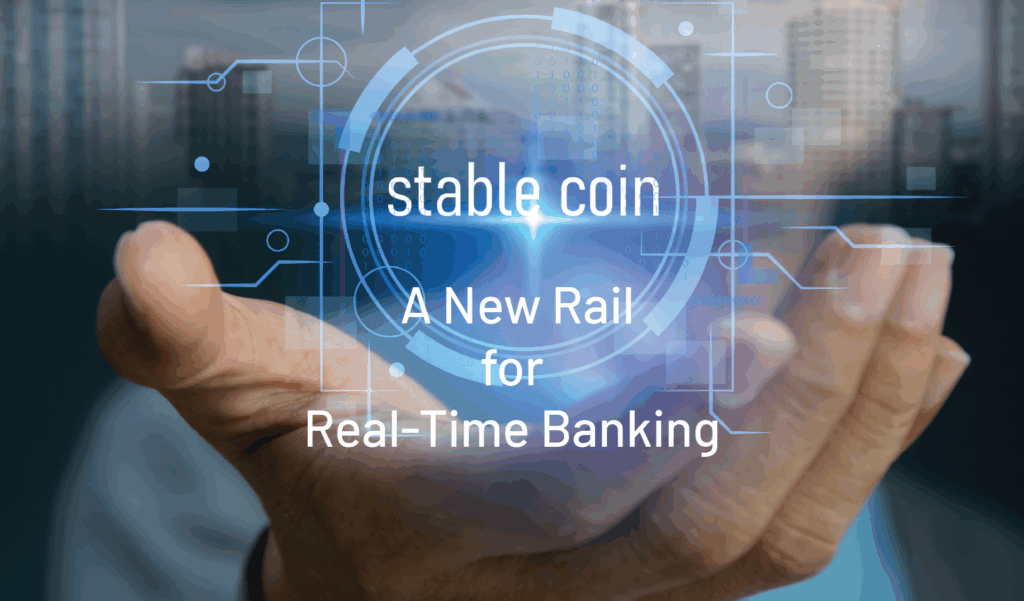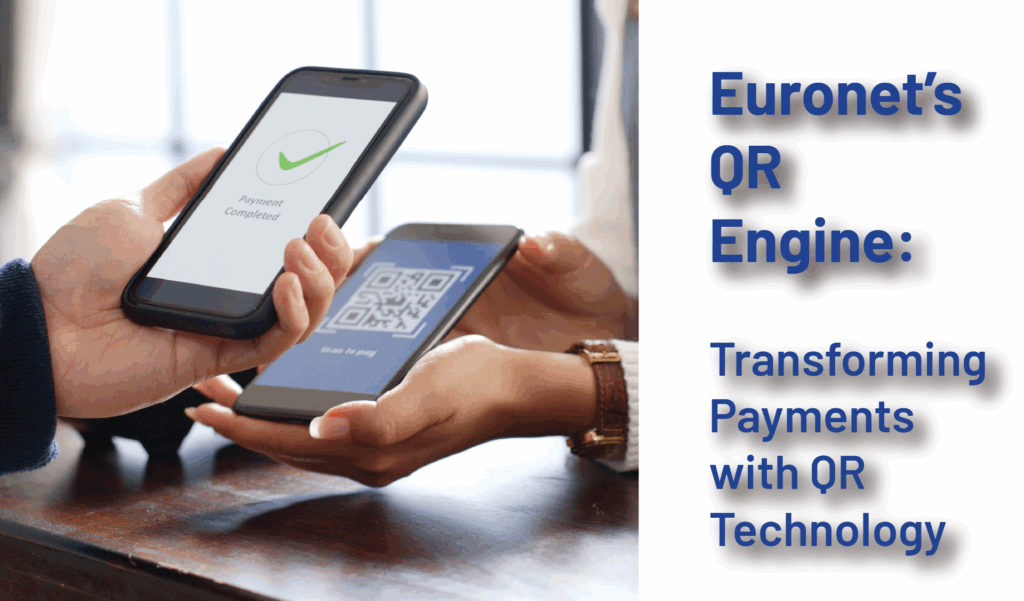As we start reopening of the economy, what might the world look like for the payments industry? In this link, Accenture shares 10 ways COVID-19 is impacting payments (May 5, 2020). It’s likely that the first two impacts mentioned – that the largest economies will stumble hardest, and that consumer spending will be in retreat – will be short term consequences of the pandemic. Of course, the short term is relative in this environment. Is the short term for three months or two years? According to a New York Times poll released May 20, only one in five Americans expect business conditions to be “very” or “somewhat” good in the next year. And yet we are seeing some positive signs, not the least of which is a global network of scientists and pharma working toward a vaccine as early as 2021 or even sooner.
As Accenture points out, there will be a rise in digital wallet usage. Merchants and consumers were already embracing digital payments, but the pandemic has spurred this segment to greater growth and acceptance. With a greater demand for fast, easy, and safe payments, we agree that consumers and merchants will more quickly embrace digital wallets and embedded payment methods. This growth of digital payments will also lead to a greater need for fraud protection and banks must be prepared to deliver multilevel authentication.
Digital payments growth will come at the expense of cash. But don’t bury cash just yet. Roughly 30% of U.S. transactions, 40% of E.U. transactions, and over 80% of India’s transactions are still cash-based. Consumers want options – an omni-channel approach to payment methods – not restrictions.
The Accenture article also points to the consumers’ need to manage cashflows more tightly during these uncertain financial times and thus having a desire to control their finances. The ’08 recession combined with the simultaneous adoption of the smartphone had already given consumers the technology necessary to control their finances. Once again, the pandemic is simply speeding up this adoption. Banks and merchants will need to deliver the customized experience consumers have come to expect online.
This delivery of technology and innovation is at odds with another Accenture impact: that payments firms will shift short term priorities from investing in innovation to cost reduction. On this point, we can’t state strongly enough that banks must continue to innovate, or their own recovery will be in jeopardy. There are solutions that meet the needs of both innovation and lower total cost of ownership. Our REN Foundation is purpose-built and future-proofed, offering advantages for our clients such as:
- Lower Total Cost of Ownership. Ease maintenance concerns and pursue new opportunities with microservices architecture.
- Adaptive Routing. Securely route any type or size of data between different applications and systems.
- OS and Database Agnostic. Eliminate incompatibility. Operate with existing hardware, OS, and databases.
- Infinite Messaging. Process QR codes, fingerprints, graphics, or any type of data in singular transactions.
- Linear Scalability. Operate within a small footprint in your data center and scale-up on commodity hardware.
- 100% Availability. Make changes and update without taking the system down or the need for idle redundant servers.







